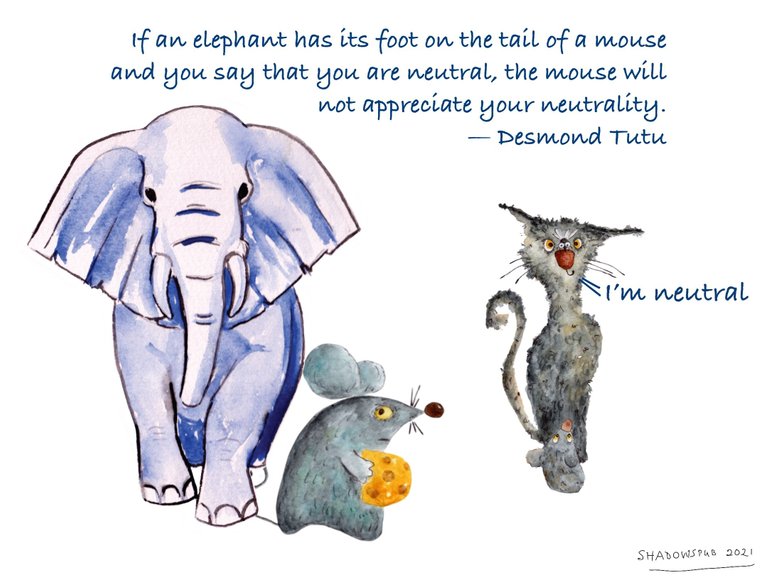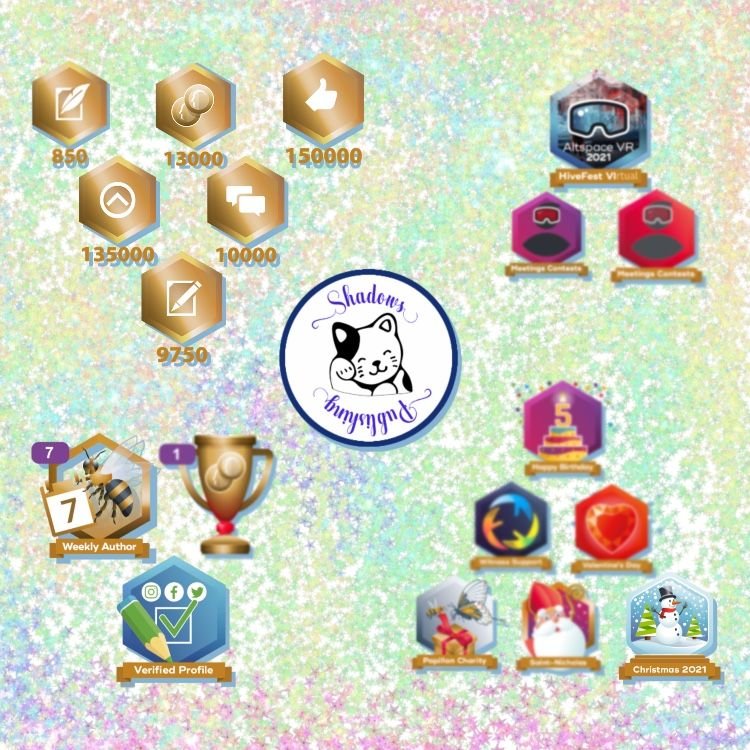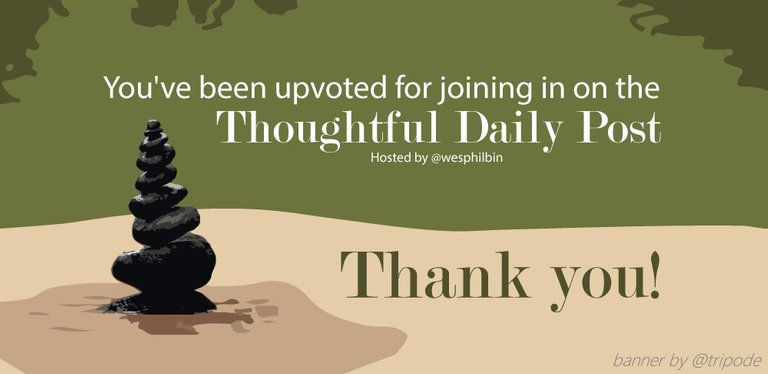
I remember as a young teen sitting in the living room while my mother and her friend were having tea one afternoon. I was doing what I so often did, reading a book, not paying a lot of attention to the adults conversation until her friend Ann mentioned having spent a year in South Africa.
My ears perked up. I'd just read a book about South Africa and their system of apartheid. The images in the book of treatment of blacks and the appalling conditions they lived in were fresh in my mind.
“They have apartheid in South Africa” I said to Ann
She looked toward me with a bit of an irritated look and then turned back toward my mother. She was just opening her mouth when my mother asked what apartheid was. Ann fell silent so I spoke up.
“I’ve just finished reading a book about it. It’s where they make the blacks live separate from the whites, give them all the bad jobs, pay them crap and make them live in poverty. Like slavery with wages.”
Ann immediately said the book was wrong. It was not nearly as bad as that and all in all, the blacks were well treated considering how they live. Then told me I should stick to more appropriate reading.
My mother and her went back to their conversation like they had just humoured the know nothing kid. I went back to my reading but I was fuming that she had dismissed what was clearly bad treatment of others like they deserved what they got.
It would be years later when I would again hear about South Africa and the fight to end apartheid. I would also hear about people like Desmond Tutu who was born in South Africa and lived under apartheid.
Desmond Tutu
His father was a teacher which helped Desmond get his education and study to become a priest in 1960. In 1967 he became Bishop of Lesotho and in 1978 the first black General Secretary of the South African Council of Churches.
In 1984 he received the Nobel Peace Prize for his role as a unifying leader in the non-violent campaign to end apartheid in South Africa. He later headed Truth and Reconciliation Commission which was meant to help heal the country through shedding light on the human rights abuses during the apartheid era.
The commission was a model drawn on for the inquiry into the abuses in Canada’s Residential School system. Tutu played a role in bringing to light some of the ongoing abuses toward Canada’s First Nations some 30+ years ago. He died on Dec. 26th at the age of 90.
This morning the quote in the Prompt A Day email was from Desmond Tutu:
If an elephant has its foot on the tail of a mouse and you say that you are neutral, the mouse will not appreciate your neutrality.
When I looked the quote up to find more context I discovered there was a longer version which started with:
If you are neutral in situations of injustice, you have chosen the side of the oppressor.
When Tutu spoke out about injustices and human rights violations, at the core of the issue was one so many of us are familiar with — bullying.
Bullying Starts Between Individuals
That is an issue almost all of us have either witnessed others being bullied, been bullied or been a bully.
How many times have you seen someone being bullied and remained silent? Not wanting to draw the ire of the bully. Sometimes your sense of compassion has you reaching out to the victim to offer them some friendship or comfort.
Many watch bullying happen and stand by. Few speak up and stop a bully in their tracks.
I was bullied a lot when I was in school. I wasn’t alone, those schoolyard bullies went after several targets. Anyone who tried to be a friend to the bullied, became a new target. Rarely would anyone put a stop to it.
Teachers would all too often look the other way. The rare teacher who went after a bully and pulled their parent in often discovered the parents were not much better in their behaviour.
The effort to remain neutral supports the oppressor. Silence is an effort to be neutral.
As I got older, if I saw younger kids being bullied, I intervened. I’d stop the bully and show some kindness to the younger student. To me it was the right thing to do. To be present for others.
Oddly enough, some of the teachers responded by telling me that it was unnatural for me to be ‘playing’ with younger students. I should be playing with my peers. At first it made me feel ashamed for helping the younger kids.
After watching and seeing those same teachers ignoring kids being picked on, I started intervening again. When the teacher tried to shame me again I was bold enough to tell her to do her job and stop the bullying. Didn’t get well received.
Throughout my adult life, I’ve been more inclined to intervene than sit by and watch injustices toward others. Hasn’t won me a lot of friends among bullies but I knew I was doing right.
Guess I could say I’m not always neutral.
How about you?


Shadowspub is a writer from Ontario, Canada. She writes on a variety of subjects as she pursues her passion for learning. She also writes on other platforms and enjoys creating books you use like journals, notebooks, coloring books etc.

She created Prompt A Day to share with others. You can subscribe to Prompt A Day to get started.

 Wes...
Wes...


